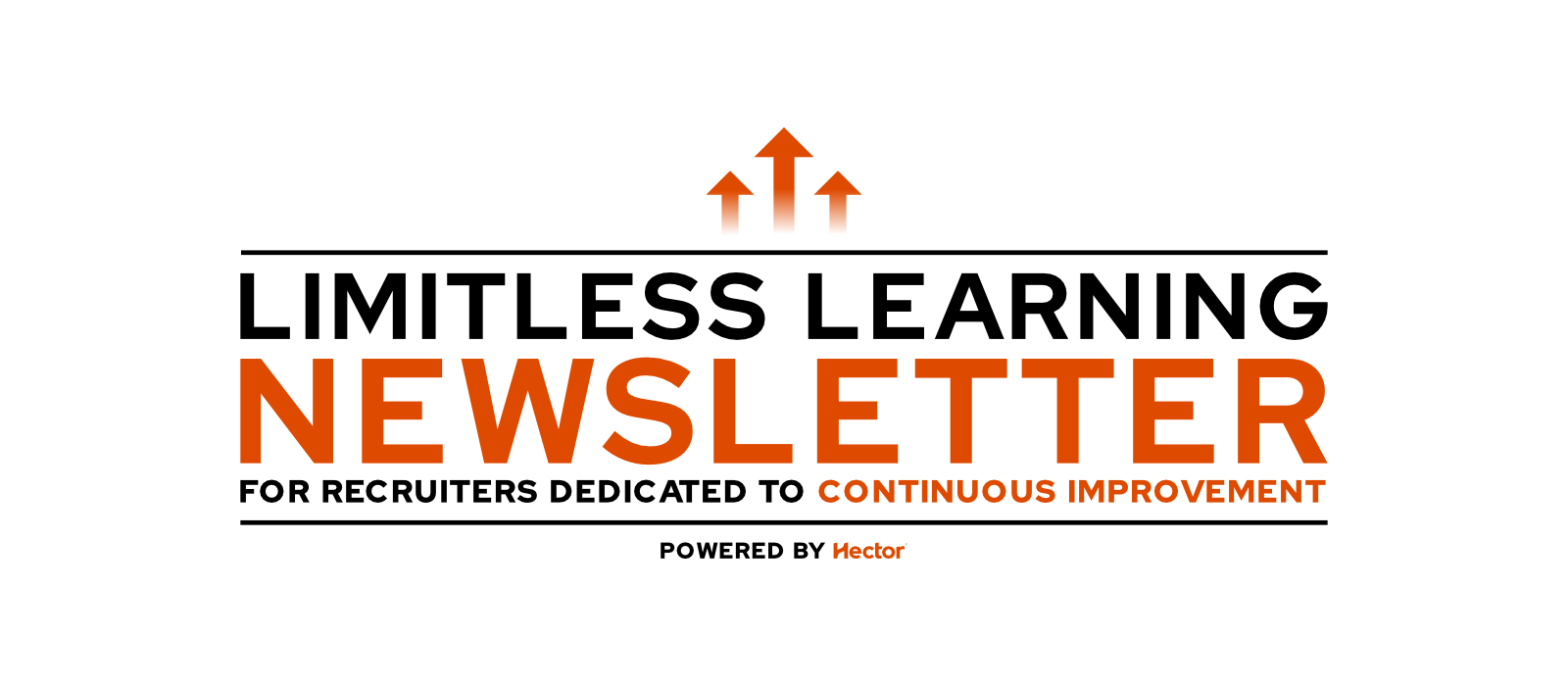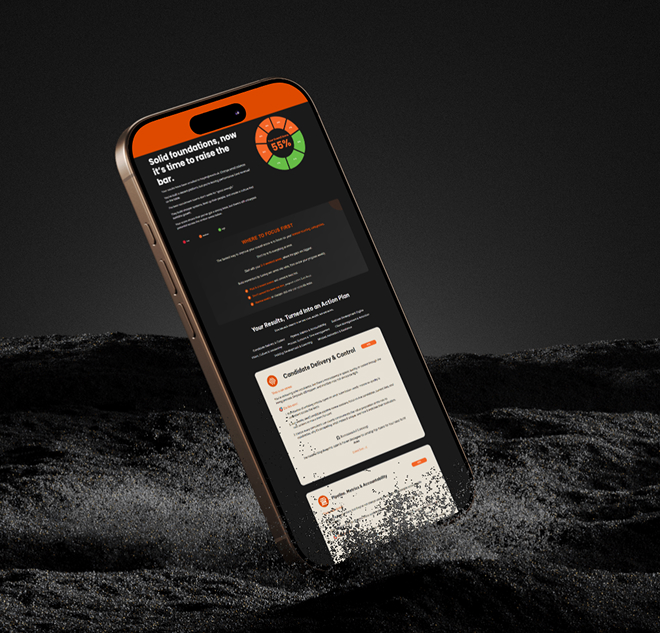The Candidate Experience | Offer negotiation, placing, and aftercare | part 3 of 3
Welcome to the final part of our three-part series on the candidate experience.
In previous editions, we’ve covered how you can coach and consult effectively during an interview process, as well as how you can elevate your service – from adding value beyond talking about jobs through to creating a true community with your candidate network.
Today, we’re going to be talking about the end of the candidate experience – offer negotiation, placing them, and aftercare.
How can you take care of a candidate during the offer negotiation process?
Sure, in a lot of cases, delivering an offer can be pretty smooth sailing, but what if it isn’t, and instead you’re navigating tough waters?
There are three common factors that can make offer negotiation tough:
- Challenging personal situations
- Counter-offers
- An underwhelming offer
Let’s start with challenging personal situations.
This could be that the candidate has to discuss their offer at length with their partner, let’s say due to relocation.
Or, it may be that since the final interview, their personal circumstances have changed – thus making it harder for them to decide on an offer.
You still have a duty of care to your candidate, and shouldn’t pressure them into making a decision straight away.
Naturally, this can be stressful for you as a recruiter (as if we’re being really frank, you also have loyalty to your client to find them the best talent).
There’s a few ways that you can mitigate this:
- Still set a time limit. Boundaries are important, and although you want to avoid thrusting a candidate into making a decision straight away, especially if their personal circumstances have changed, you also still need to ensure that you have control of the process.
You can then communicate this with your client, stay impartial, and keep both parties happy.
- Take your recruiter hat off, and put your human hat on. It can be easy sometimes to approach each call as a consultant, when sometimes a candidate just needs someone to lower their “professional” mask and lend a listening ear. You’ll be surprised at how this can help you.
- Listen to your gut. Regardless of the outcome, 99% of the time we know whether a personal circumstance will be a dealbreaker.
If you know in your gut that this isn’t going to go ahead, still focus on delivering the best advice and candidate experience possible, especially as some circumstances may be out of your control as well as the candidates’.
Counteroffers
We’ve spoken about counteroffers extensively in previous editions from a technical perspective and how you can manage them, but to ensure that you are still delivering exceptional candidate experience, you must approach this situation in a human way.
Counter-offers can be incredibly frustrating, even if you’ve prepared for them.
If a candidate accepts a counteroffer, this doesn’t mean that providing a good candidate experience goes out the window!
Even if you have metaphorically left no stone unturned with a candidate, there can still be times when they surprise you and accept a counteroffer. Still check in with them, offer guidance, and don’t take it personally.
An underwhelming offer
This is probably the hardest out of the three, as this may indicate that you haven’t qualified your client well enough or managed the candidates’ expectations.
But, at Limitless Learning – we don’t see these situations as negatives, more so as learning experiences!
If your candidate receives an underwhelming offer, particularly if you know that it isn’t at the level it should be, you have to lead the conversation with compassion and have ethics at the forefront of your mind.
The right thing to do would either be to negotiate a higher offer before even delivering it to the candidate, but equally, you can also advise the candidate not to take it.
Not only will this show your candidate that you care about their career more than making a placement, but it’s also just the right thing to do!
How can you offer an exceptional candidate experience once a candidate has been placed?
Aftercare is incredibly underrated, and although we’ve spoken about the importance of candidate aftercare before, we must stress that it’s one of the most valuable additions to your service for fostering long-term relationships, winning more business, and establishing yourself as a true consultant in the market.
Aftercare can look like the following…
Calling them on their first day
It sounds small, but calling your placed candidate at the end of their first day can be a great way to get an understanding of how they’re doing, and also give them a sounding board after meeting everybody and integrating into the team.
Sending them a good luck card or text
The personal touches can go a long way, so sending them a card for their desk or even a “good luck for your first day” can be just as effective.
Checking in once every couple of weeks for the first 3 months
In some cases, candidates may not even talk to their friends and family about work as much as they’ve spoken to you, so checking in with them once every couple of weeks for their first 3-6 months can ensure that you aren’t going “cold turkey” on them and still offering them support.
You want to ensure that your client is upholding what they have said in
Scheduling in two or three lunches per year
Similar to catching up with them in the first few weeks, make sure to still schedule in candidate lunches or coffees (where possible) two or three times per year.
Continuously giving them market insight
Just because they’re placed, doesn’t mean you shouldn’t share market insight with them. Whether it’s an article, podcast, or an event you’re running – ensure that you’re still including them in valuable information!
Offering your services if they are a hiring manager
If you have built a strong relationship with a placed candidate, particularly if they’re senior, there’s a high chance that they could use you for future hiring. Make sure to offer those services and make them aware that you can extend the relationship in that way!


